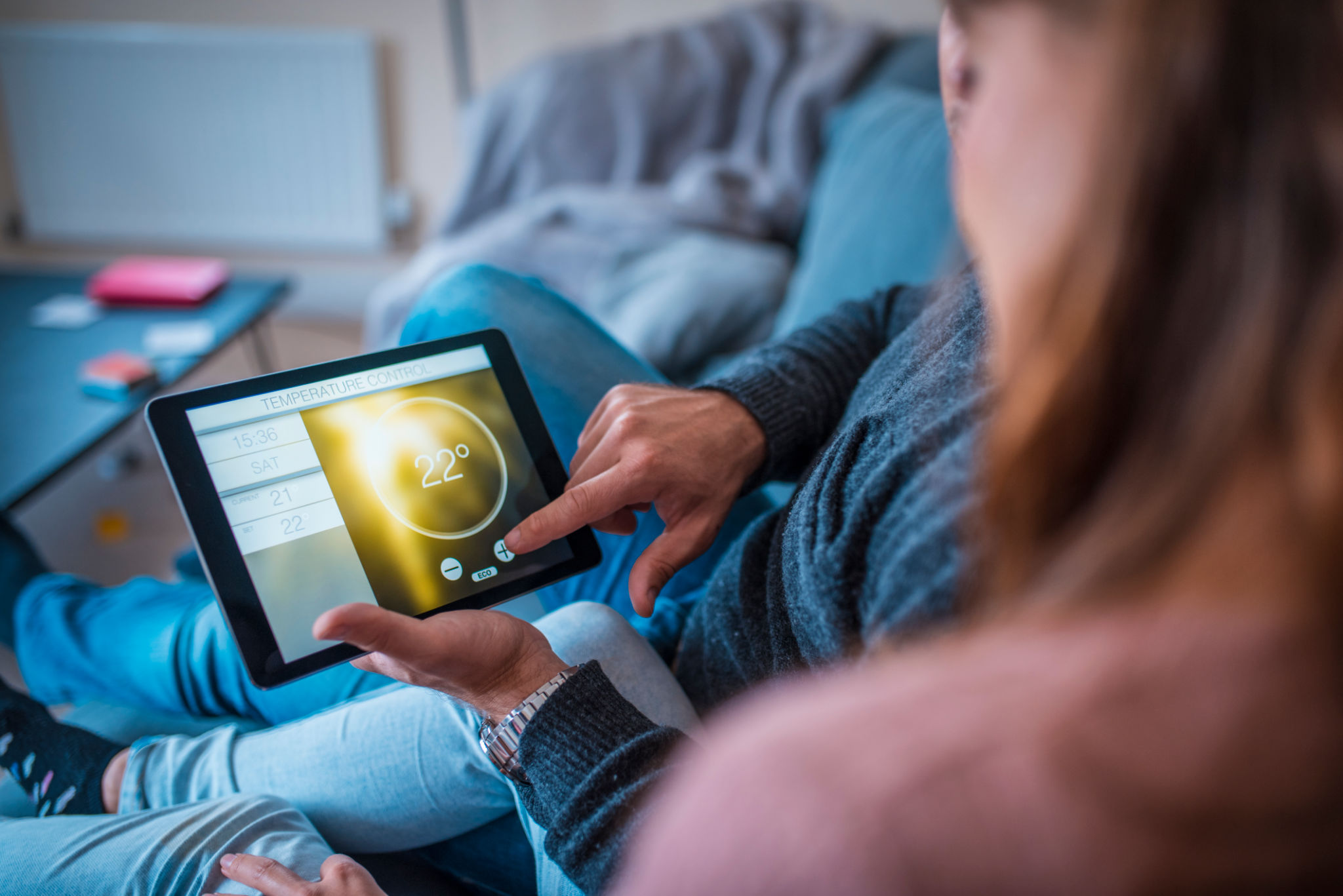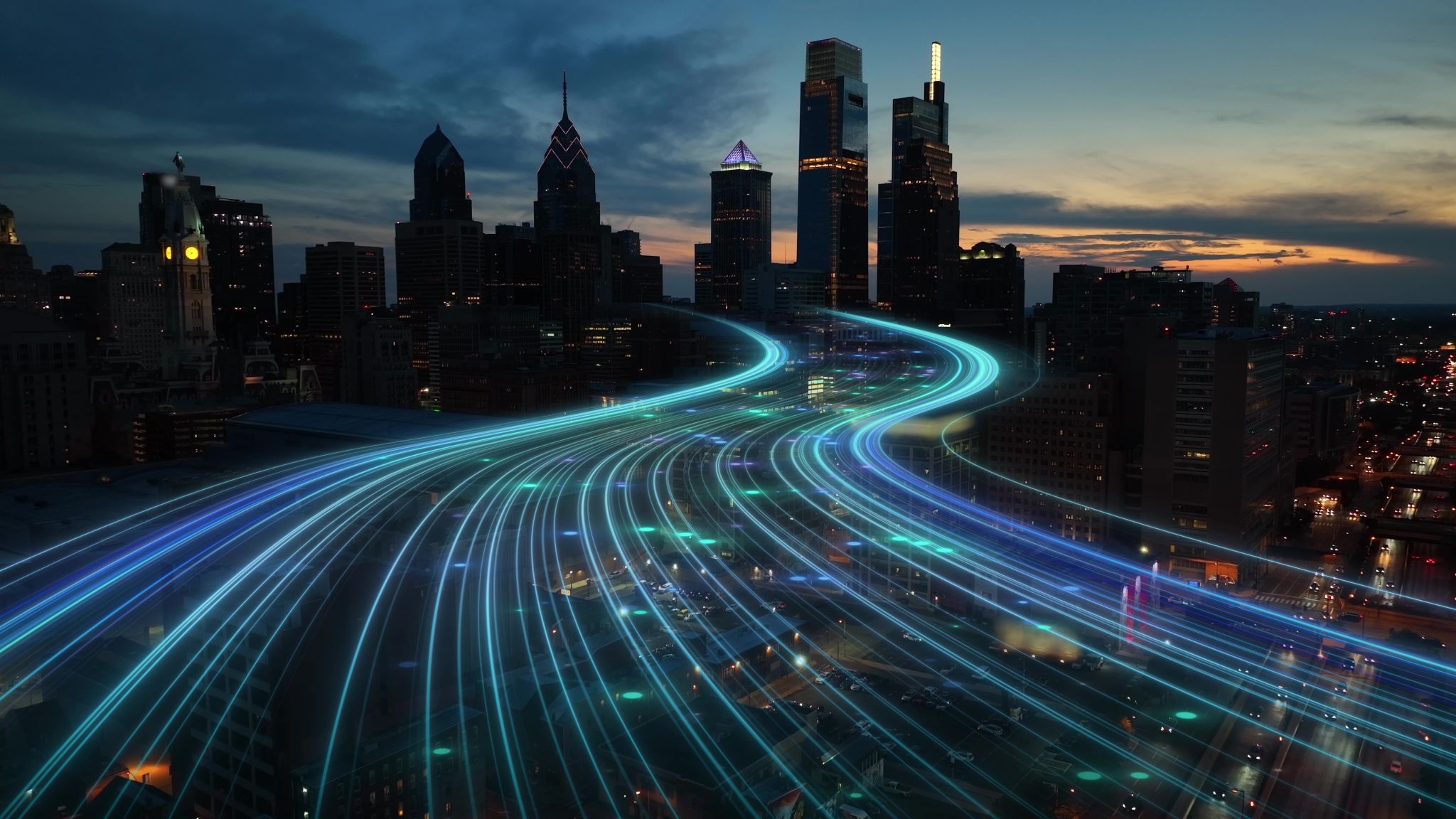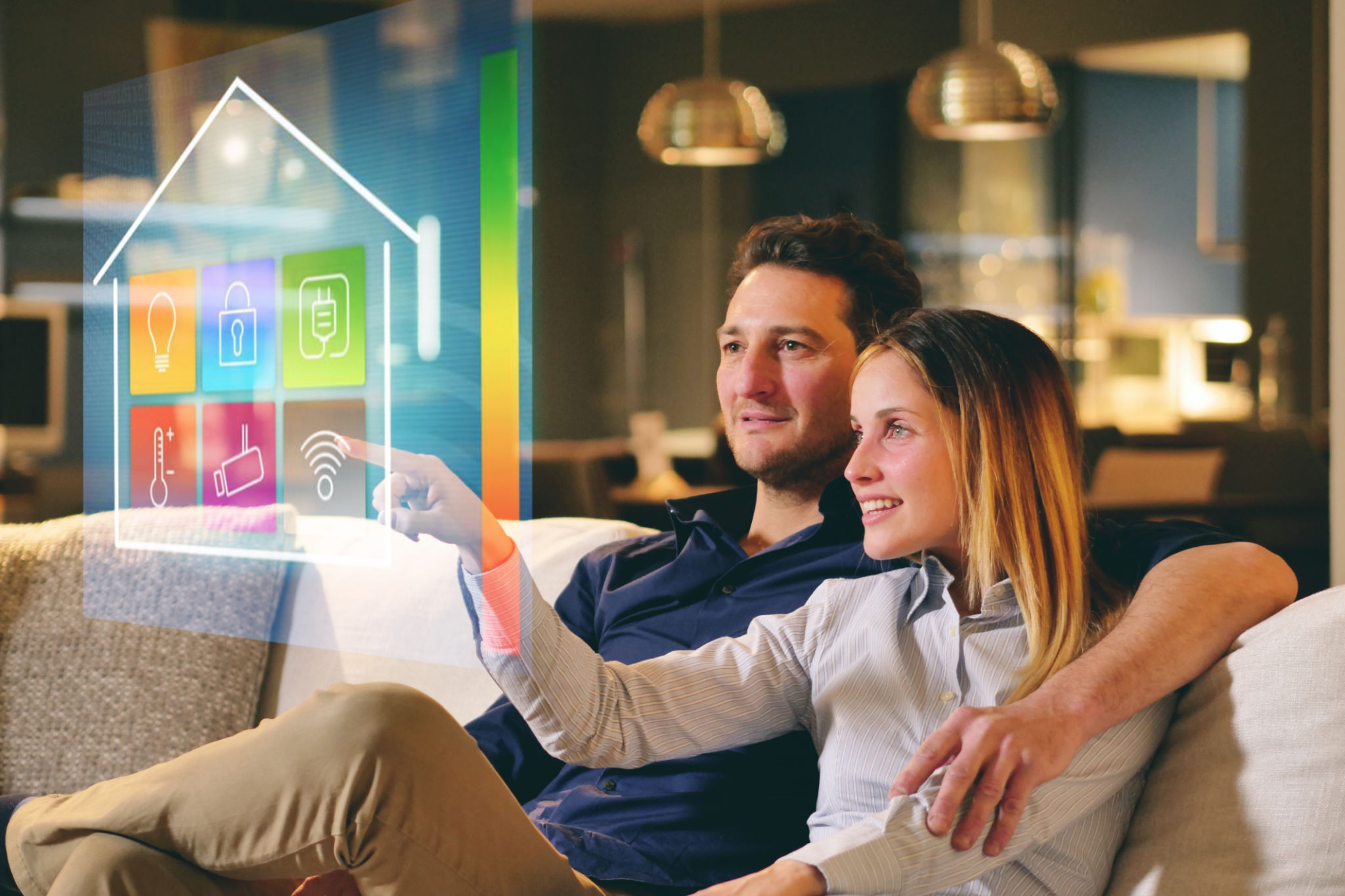Case Study: Transforming a Bowie Residence with Smart Home Technology
AD
Introduction to Smart Home Transformation
In recent years, the integration of smart home technology has revolutionized living spaces by enhancing convenience, security, and energy efficiency. A recent case study highlights the transformation of a residence in Bowie, Maryland, where a traditional home was upgraded into a state-of-the-art smart home. This transformation not only improved the quality of life for its occupants but also increased the home's value.

Initial Assessment and Planning
The journey began with a comprehensive assessment of the existing systems within the home. The goal was to identify areas where smart technology could be seamlessly integrated. Key focus areas included lighting, security, climate control, and entertainment. A customized plan was developed to ensure all installations would meet the unique needs of the homeowners while maintaining aesthetic appeal.
Lighting and Ambiance
One of the first upgrades was the installation of smart lighting systems. These systems allowed the homeowners to control lighting remotely via smartphone apps and voice commands. The integration of motion sensors ensured lights turned on and off automatically, providing both energy savings and convenience. Additionally, customizable lighting scenes were created to enhance different moods and activities within the home.

Enhancing Home Security
Security was a top priority for this smart home transformation. Advanced security cameras and smart locks were installed, providing real-time monitoring and control. Homeowners could receive instant alerts on their devices if unusual activity was detected. The addition of a video doorbell allowed them to see and communicate with visitors remotely, adding an extra layer of security.
Climate Control for Comfort
To improve energy efficiency and comfort, smart thermostats were introduced. These devices learned the household's schedule and preferences, adjusting temperatures automatically to optimize energy use. Remote access allowed homeowners to manage climate settings from anywhere, ensuring a comfortable environment upon their return home.

Revolutionizing Entertainment
Entertainment options were significantly enhanced with the integration of a smart home theater system. This included voice-controlled speakers and streaming devices that provided easy access to movies, music, and more. The ability to control entertainment systems with simple voice commands or mobile devices offered a seamless user experience.
Challenges and Solutions
Throughout the transformation process, several challenges were encountered, such as ensuring compatibility between different smart devices and maintaining a stable internet connection. These challenges were addressed by selecting a robust smart home hub that facilitated communication between devices and upgrading the home's network infrastructure to support increased data usage.

Conclusion: A New Era of Living
The transformation of the Bowie residence serves as a testament to the potential of smart home technology in enhancing daily living. The successful integration of these systems not only provided convenience and security but also contributed to energy savings and increased property value. As technology continues to advance, more homeowners are likely to embrace smart home solutions, ushering in a new era of modern living.